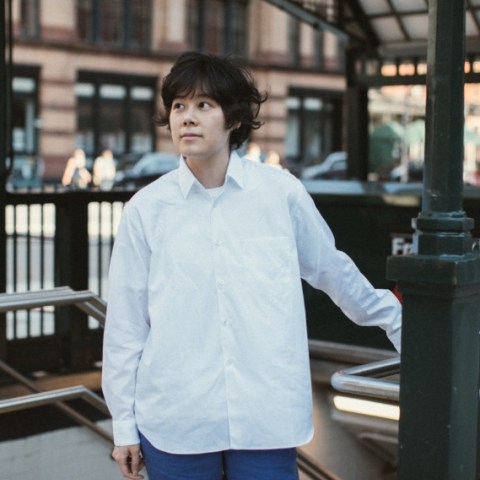Critics have labeled a recent land deal in Fort Lauderdale as a “bad deal on steroids.” The city handed over prime public land, valued at $35 million, to a private developer for 50 years. In return, developer Jeff John promised to create a food hall, park, and concert venue. However, doubts about the project’s future are growing, three years after the deal was approved by the city.
Mayor Dean Trantalis expressed concern, noting that progress has stalled. “I think the developer is still working on securing financing,” he said. “We haven’t received a site plan or development proposal yet, which is disappointing.”
The 3.3-acre site, once home to the city’s permitting office, has been empty for over a decade. It now sits fenced off, waiting. If no progress is made soon, Trantalis hinted that the city may consider terminating the agreement. “If milestones haven’t been reached, we need to look at ending the deal,” he stated.
Commissioner Ben Sorensen echoed the mayor’s sentiments, stressing urgency. “If this project isn’t moving quickly, we must explore other options,” he said. Meanwhile, Commissioner Steve Glassman advocates for giving the developer a bit more time, emphasizing positive assurances he received from the team recently.
John pitched his ambitious plan in June 2020, envisioning a massive entertainment complex featuring a concert hall for 1,800 people, yet with only 180 seats for shows. The venue would be 60 feet tall, hosting at least 250 events annually. The adjacent food market is expected to have three floors and an open-air dining area.
Still, the idea hasn’t been universally welcomed. Residents of Flagler Village are concerned about the potential noise from late-night events. Critics warn that granting such valuable public land to a developer might not pay off. If the cultural center breaks ground, Fort Lauderdale will not collect revenue in the first year. The financial return is structured to grow incrementally over the subsequent years.
The uncertainty in the project reflects broader economic challenges. “Finding financing has become tougher,” noted Siri Terjesen, a business professor at Florida Atlantic University. “Many businesses are struggling, especially in the wake of recent bank failures.” She pointed out that developers across the country, not just in Florida, face hurdles in commercial real estate right now.
LeAnn Barber, a vocal opponent, remains skeptical about the project’s viability. “I still have the T-shirt that says, ‘It’s a Damn Bad Deal,’” she said, mentioning that the current economic climate could stall developments further.
In 2022, Glassman assured that the city included safeguards in the deal, such as requiring proof of financing within 90 days. However, with no milestones met, questions about the project’s feasibility linger.
The city’s administration is now under pressure to assess the current agreement and make necessary adjustments. “We need to know if this vision is realistic,” Mayor Trantalis said.
Source link






















